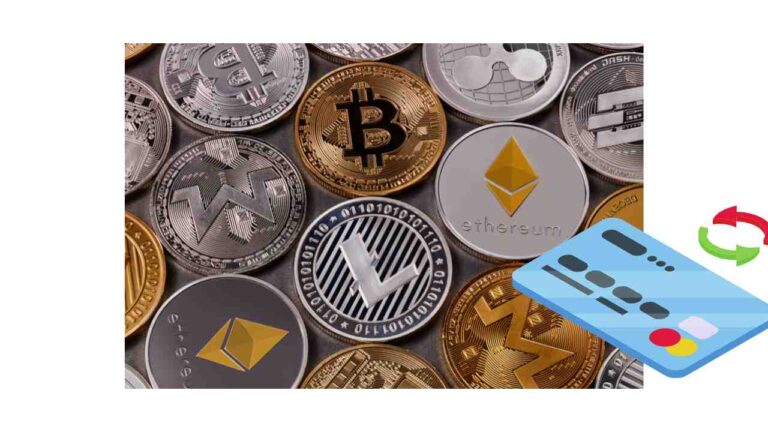In 2016, clients of the Bitfinexcrypto exchange were robbed of $73 million worth of crypto when hackers managed to steal their private keys (effectively, digital signatures). Code exploitation was used, that same year, to hack into DAO (the Decentralized Autonomous Organization), which is a fund holding venture capital on a blockchain, and more than $60 million worth of Ether was stolen.
At least six times in 2021, computer hackers robbed crypto exchanges of over $100 million. The huge sums of money involved made the average bank heist that year – valued at about $5,000 – pale in comparison. Cyberattacks may be quiet and bloodless, but their financial repercussions dwarf those of the usual sorts of robberies.
Why are crypto exchanges such attractive targets for cybercriminals? And what steps can be taken to keep your cryptocurrency safe? Experts have spent time pondering these questions, whose pertinence is growing with the popularity of cryptocurrency trading platforms. People would like to be reasonably certain that their hard-earned cryptocurrency is being held safely. Join us as we try to come up with some answers.
Exchanges Are Good Targets
Oftentimes, when crypto exchanges are starting off, their staff count isn’t very high, and it’s likely they don’t have a dedicated expert focusing on cybercrime issues. Also, when crypto initiators are developing the code for their new creations, the pressure surrounding the task can result in technical blemishes which hackers can exploit.
When thefts do happen, it’s only the more well-funded exchanges that are able to have an emergency fund in place to come to clients’ rescue. In other cases, the exchange tends to collapse. Another impediment faced by stranded customers in such cases is that some exchanges are ideologically opposed to requesting government assistance.
Beth Bisbee of Chainalysis says many of them “want to be anti-bank and anti-oversight”. A related concern is that, when crypto firms are set up in places with looser legal oversight (in order to duck away from regulators), local authorities find themselvesill-equippedto pursue hacks originating in foreign countries.
Choosing an Exchange
JP Richardson of the Exodus crypto wallet company says that, if you do want to keep your crypto on an exchange, you should make sure it’s a “platform that is well-known and has a strong reputation”. Check out customer reviews on the platform, says Richardson, and find out how many clients they serve.
Security professionals, however, advise against keeping your crypto on an exchange, (although exchanges do put security measures in place). The reason is that in the event the exchange goes bankrupt, you may never recover your funds, which could equally happen if the firm is hacked.
Cold Wallets
A better option would be to put your crypto in a “cold wallet”, which is a piece of hardware resembling a USB chip that physically holds your tokens for you. Cold wallets are “cold” because they’re not hooked up to the internet, which makes them impervious to online hacking. Your wallet comes with a private key, which is like a password, through which you access your crypto. However, the strength of the cold wallet is also its weakness: If you lose your private key, you may never see your crypto again.
JP Richardson says this issue need not be prohibitive in times to come because “We’re going to leverage the power of iCloud or Google Cloud to help consumers save [their passwords] safely, but today, you still have to write it down.”
Hot Wallets and Paper Wallets
The online wallets available on platforms like Coinbase Global Inc., Venmo, or PayPal obviously lack the benefits of cold storage, but you might prefer not to rely so heavily on a USB chip. Hot wallets also use private keys which should not be lost. Some people even store their keys in safety deposit boxes.
Applications like WalletGenerator or BitAddress generate bitcoin addresses and private keys that you can print out, which are called Paper Wallets. After this is done, the key is deleted from the network.
Looking Ahead
Experts say it’s crucial to take some kind of security precaution when managing your crypto because of the ongoing prevalence of cybercrime in the crypto space.
If you prefer to avoid the issue entirely, you could trade in bitcoin ETFs (exchange-traded funds) like the Proshares Bitcoin Strategy ETF or the Van Eck Strategy ETF, which deals in bitcoin futures contracts.
Another good option is to choose online cryptocurrency trading in CFD form, which gives you the opportunity to trade in the price movements of cryptocurrencies (or ETFs, commodities, or company shares), without ever actually buying the tokens (or ETFs, commodities, or shares).
In this way, the problem of storage melts away, and you also get the benefit of trading in crypto with leverage, which is capital borrowed from your broker. Through the use of leverage, the size of your deals is magnified many times over, which increases both the opportunity and the risk involved in your deal.







